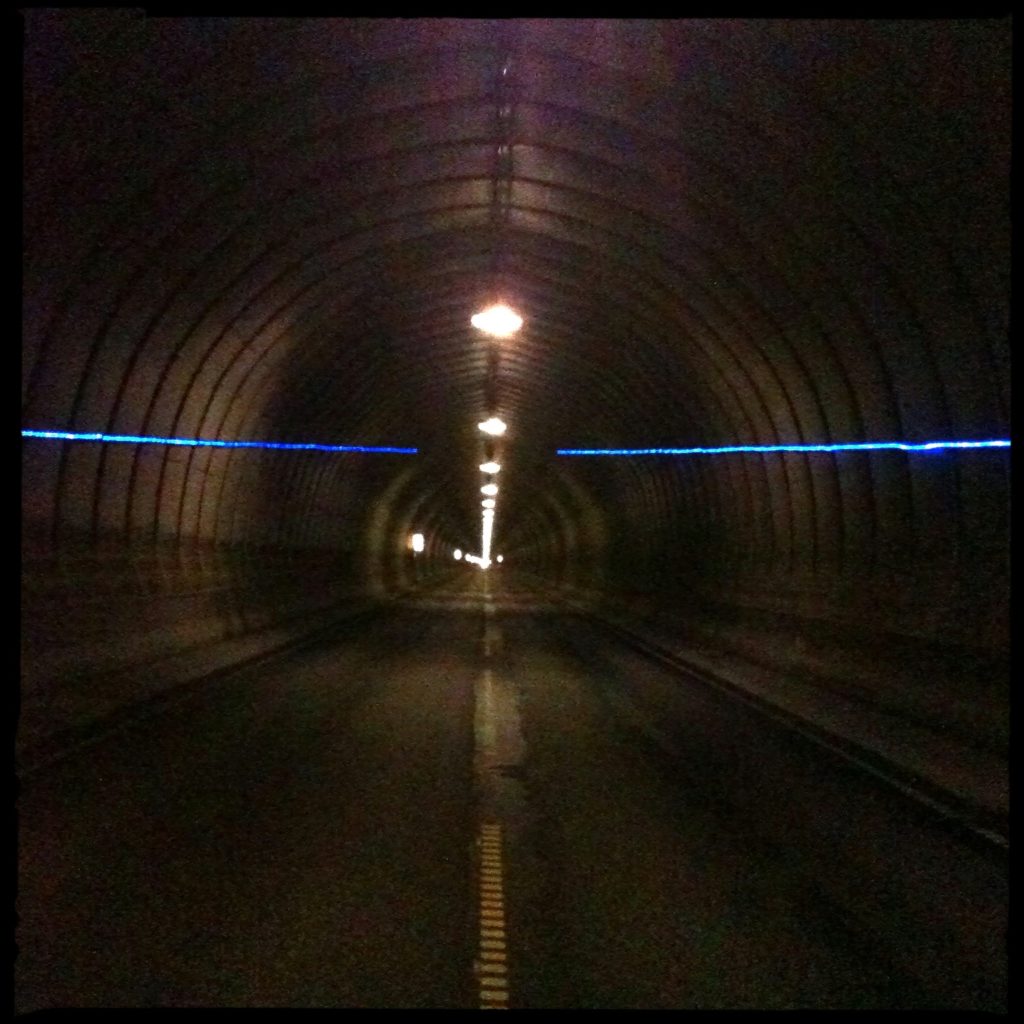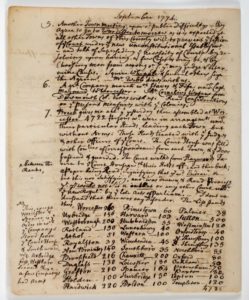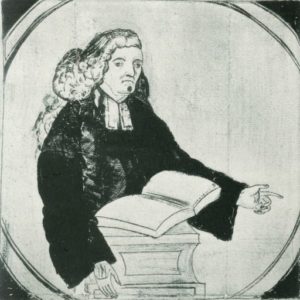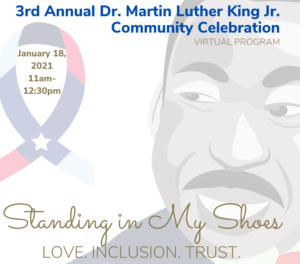 Renewal
Renewal
At last, we can view the light at the end of our pandemic tunnel—although it remains tantalizingly faint and we are told that we are now traveling through its darkest part. Still, that we can realistically imagine reaching the exit means that we can begin to think about who, what, and how we want to be once restrictions are finally lifted.
My sister-in-law is a chief medical officer at a large hospital network, and she openly wonders how the end will come about once most of us receive our vaccines. Will the end be gradual, with liberties slowly being doled back out until only in retrospect we realize that our lives have begun to approximate what we think of as normal life? Or will the opening be as sudden as the shutdown, a time when one day we were commuting and working a normal day and the next we were quickly grabbing resources and supplies so that we could work indefinitely at home? For me, the announcement that I can go into a grocery store here in Massachusetts without my mask will be the sudden sign that I have been waiting for and will be cause for great celebration (even if I have to wait a little longer to travel again).
But once we reach that end point, however we define it, our idea of normalcy will have changed. We will no longer be the persons we were when the pandemic first started. Our perspective of the world will be different. We will have developed coping skills that we did not know we had. And there will be certain behaviors that we may not want to participate in anymore. But as we build back our social existence, we each have a special opportunity to redefine both ourselves and our individual place within our community.
These kinds of reflections, or variants of them, are not new in the cycle of dealing with profound illness. In fact, they were common back in colonial New England.
Last month, the American Antiquarian Society held a virtual program entitled, “Before COVID: Illness in Everyday Life in Early New England,” that featured Ben Mutschler, author of The Province of Affliction: Illness and the Making of Early New England. (See below for more information.) During the program, in response to a question about whether Puritans connected illness with moral short-comings, Mutschler contends, “There is a common providential refrain of trying to understand the purpose of illness, how one is supposed to react to it, and it changes over time. But there is an overall sense that illness can be a chance for self-examination, for repentance, and renewal—to let go of things of the temporal world, a kind of correction.”
If we are indeed rounding the corner for the final push to conquer the coronavirus, we may end up back in the “fast lane” sooner than we expect. In these dark days, now is the time to engage in some thought about how much we want to return to the way things were, what we may want to build in their stead, and what steps we can take to maintain as much of the positive aspects that emerged during this unique period of isolation as possible. And by engaging in such reflection, we will be joining our historical forebears in viewing illness as an opportunity to improve and renew our lives.
I wish all of you a Happy New Year, and I look forward to our collective creation of Westborough’s new normal!
–Anthony Vaver, Local History Librarian
Suggested Reading
- The Province of Affliction: Illness and the Making of Early New England by Ben Mutschler.
- Apollo’s Arrow: The Profound and Enduring Impact of Coronavirus on the Way We Live by Nicholas A. Christakis.
- Intimations: Six Essays by Zadie Smith.
- Alone Together: Love, Grief, and Comfort in the Time of COVID-19 edited by Jennifer Haupt.
* * *

(American Antiquarian Society)
You can view the entire program, “Before COVID: Illness in Everyday Life in Early New England,” which includes a conversation between Ben Mutschler and Ashley Cataldo, Curator of Manuscripts at the American Antiquarian Society, on YouTube: https://youtu.be/XR0opqGL7cY.
And there is added incentive to check out the program, because Westborough’s own Rev. Ebenezer Parkman is prominently featured. Beginning around minute 16:30, you can view a prepared video of what it is like to see and read parts of Parkman’s diary held at the American Antiquarian Society while Mutschler and Cataldo discuss its significance and its value for studying illness in colonial America. During his research, Mutschler relied heavily on Parkman’s diary—and he extensively used the Westborough Public Library’s online edition of Parkman’s diary on the Ebenezer Parkman Project website. In fact, during the program he gave the Ebenezer Parkman Project a shout-out!
You can also watch a short video of Cataldo talking about the value of diaries as part of the promotion for her conversation with Mutschler, and, as you can probably already guess, Cataldo notably focuses on Parkman and his diary: https://www.youtube.com/watch?v=ccRFq8mgrpE&feature=youtu.be.
* * *

Now, why not go to the source?! Prof. Ross W. Beales, Jr.—whose transcribed version of Parkman’s diary is the one that appears on the Ebenezer Parkman Project website—has compiled various entries dealing with medical concerns: http://diary.ebenezerparkman.org/diary-themes-topics/. These entries provide real insight into how Parkman and the people of colonial Westborough dealt with health problems, such as cancer, dysentery, measles, rickets, and small pox.
***
Why wait until the pandemic’s end to begin the process of social renewal? Westborough Connects, Central MA Connections in Faith (CMACIF), Westborough Interfaith Association, and the Westborough Public Schools are co-hosting the third annual Dr. Martin Luther King Jr. Community Celebration on Monday, January 18 from 11:00 a.m. to 12:30 p.m. on Zoom.
This year’s theme is “Standing in My Shoes: Love, Inclusion, Trust” and will feature a keynote address by poet, activist, and Brandeis University Dean of Students, Jamele Adams, also known as Harlem 1two5.
Part of the festivities also involves a National Day of Service, where community members are invited to pick up a Black Lives Matter rock painting project kit at the Westborough Public Library’s front steps on January 18th to take home and paint. The project is sponsored by WeCARE – Westborough Committee for Anti-Racism in Education. Celebration registrants are also encouraged to make a donation to the Westborough Food Pantry at the Fire Station Lobby, Roche Bros. or Lyman Street Stop & Shop.
More information can be found about the program found at www.westboroughconnects.org/programs. Closed captioning in English and Live Spanish language interpretation will be available during the live event. Westborough TV will also re-broadcast the program.
IMPORTANT NOTE: Due to the program format, pre-registration is required and space is limited. Registration is available in English HERE, and a Spanish-language registration is available HERE.
